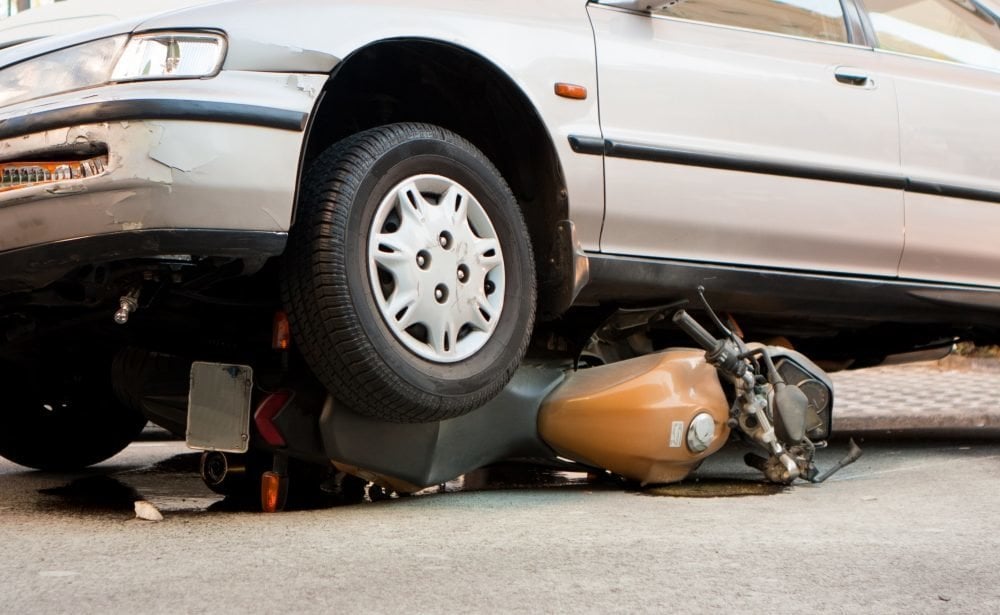Motorcycle Helmet Protest Turns Fatal

Posted By
Clint Lawrence, founder of Motorcycle Shippers. Helping give riders more freedom to enjoy the bikes they love. [email protected]
The U.S. Department of Transportation reported that in 2016, there were a total of 4,976 motorcyclist fatalities—an 8% increase over the previous year. A Canadian study reported that motorcyclists were 3.5 times more likely to suffer from injury or fatality due to head trauma than other drivers on the road. Without safety features such as airbags, the only thing standing between motorcyclists and the asphalt in the event of a crash is simply a helmet.
But many riders are calling for government to relinquish its hold on what they feel should be a choice and a freedom: riding without a helmet.
A protest gone wrong
Twenty states currently require helmet laws. American Bikers Aimed Toward Education (ABATE) is one of many groups lobbying for motorcycle awareness and rights. But on Feb. 25, a helmet protest ride took a fatal turn when rider Philip Contos fishtailed out of control after hitting his brakes, suffering fatal injuries after hitting his head. Had he been wearing a helmet, state troopers believe he would have survived the crash. Despite the shock and sadness at the loss of a fellow biker, the group still holds to its belief that motorcyclists should decide whether they wear a helmet—not the government.
Two opposing points of view
Despite the numerous statistics and reports on the matter, the two groups continue to fight vehemently for what they believe. Here’s a brief look at the debate.
- Helmet use as a mandate
Proponents of mandatory motorcycle helmet use base their arguments on safety and reduced medical costs. Because nearly half of motorcyclists aren’t covered by private insurance, the government must often shoulder their healthcare costs. Non-helmeted riders increase those already high costs by an additional $290 million.
And that’s only the financials of it. On the human capital side of things, helmets have been shown to reduce the risk of motorcycle-related head injuries by 69%, and deaths by 42%. In 2015, helmets saved 1,772 lives. It’s projected that 740 more could have been saved if all riders wore helmets.
- Helmet use as a matter of personal choice
Opponents of helmet laws believe that government should not mandate what they wear. A rider’s safety should be a personal decision since it doesn’t affect anyone else. Additionally, many feel that helmet laws could actually be a detriment, as riders might take more risks than normal, believing the helmet will save them.
And regarding the healthcare costs? Opponents argue that many groups, including smokers and drinkers, can incur high medial costs by their own risky behaviors. And many of those costs will fall on the government. Motorcycling is no different and should not be treated so.
Is it worth the cost?
Helmet use might be a matter of life or death—yet many could argue that freedom is worth dying for. At then end of the day, there are still two positions with both sides striving for dominance. Does the benefit of feeling the wind through your hair and having the freedom of the ride outweigh the risks? Should governments be allowed to step in when healthcare costs for non-helmeted riders have a direct impact on it and on society?
Opposing sides will continue to argue their points. And as a “government of the people, by the people,” voices on both sides are striving to be heard. Where do you stand in the great helmet debate?
